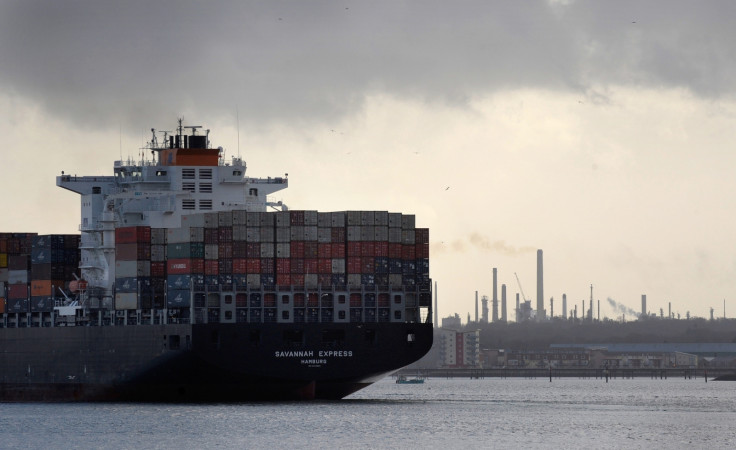Major economies 'ill-prepared' for next wave of automation, report finds
World Economic Forum's latest report opines that renewed focus is needed to raise global competitiveness.

Ten years on from the global financial crisis, major economies remain at risk from further shock and are ill-prepared for the next wave of innovation and automation, according to the World Economic Forum.
In its latest report on global competitiveness, the WEF notes that a decade of data illustrates the importance of "balancing flexibility with protection" in labour markets and a new focus on growth, as gains in productivity from innovation that many policymakers had hoped for "remained elusive."
"The prospects for a sustained economic recovery remain at risk due to a widespread failure on the part of leaders and policymakers to put in place reforms necessary to underpin competitiveness," it adds.
The report also notes that levels of "soundness" in the financial system have yet to recover from the shock of the global financial crisis and in some parts of the world are declining further.
"This is especially of concern given the important role the financial system will need to play in facilitating investment in innovation related to the Fourth Industrial Revolution," the WEF said.
It also said that with vast numbers of jobs set to be disrupted as a result of automation and robotisation, creating conditions that can withstand economic shock and support workers through transition periods will be vital.
Klaus Schwab, founder and executive chairman of the World Economic Forum, said global competitiveness will be more and more defined by the innovative capacity of a country.
"Talents will become increasingly more important than capital and therefore the world is moving from the age of capitalism into the age of talentism. Countries preparing for the Fourth Industrial Revolution and simultaneously strengthening their political, economic and social systems will be the winners in the competitive race of the future," he concluded.
Overall, the WEF said Switzerland remains the world's most competitive economy, followed by the United States and Singapore.
Other G20 economies in the top 10 are Germany (5), the United Kingdom (8) and Japan (9). China is the highest ranking among the BRICS group of large emerging markets, moving up one rank to 27.
© Copyright IBTimes 2024. All rights reserved.






